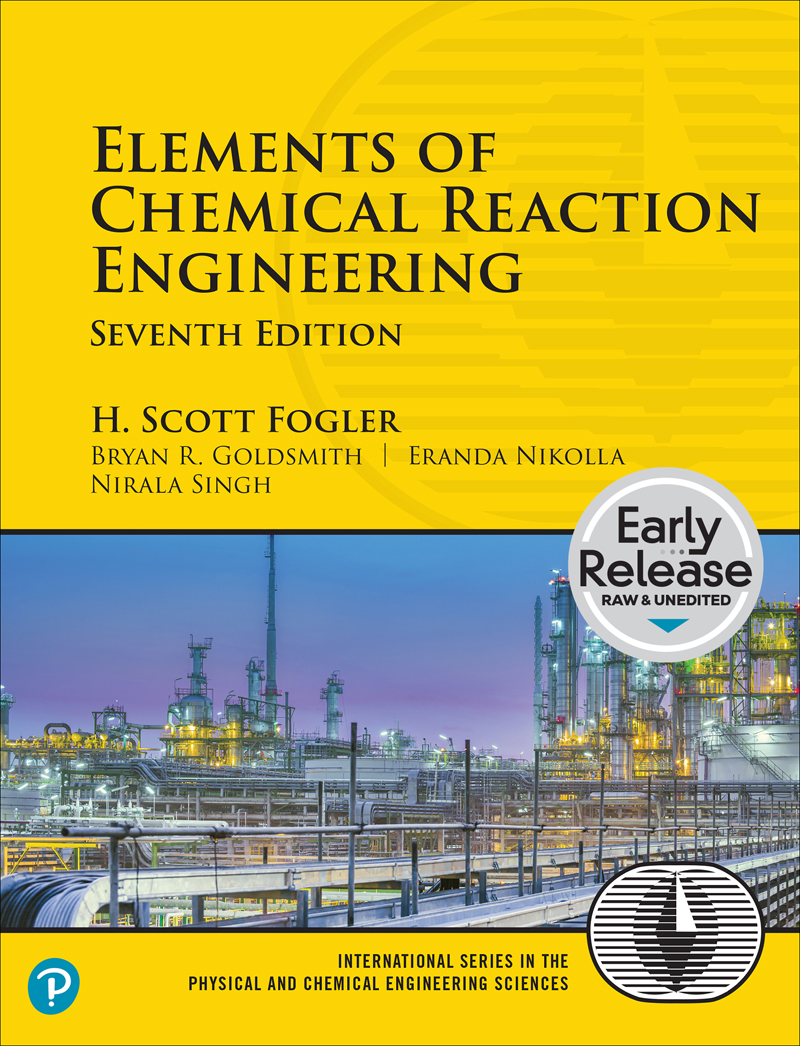

Most ebook files are in PDF format, so you can easily read them using various software such as Foxit Reader or directly on the Google Chrome browser.
Some ebook files are released by publishers in other formats such as .awz, .mobi, .epub, .fb2, etc. You may need to install specific software to read these formats on mobile/PC, such as Calibre.
Please read the tutorial at this link: https://ebookbell.com/faq
We offer FREE conversion to the popular formats you request; however, this may take some time. Therefore, right after payment, please email us, and we will try to provide the service as quickly as possible.
For some exceptional file formats or broken links (if any), please refrain from opening any disputes. Instead, email us first, and we will try to assist within a maximum of 6 hours.
EbookBell Team

5.0
20 reviewsH. Scott Fogler's Elements of Chemical Reaction Engineering, now in its seventh edition, continues to set the standard as the leading textbook in chemical reaction engineering. This edition, coauthored by Bryan R. Goldsmith, Eranda Nikolla, Nirala Singh, still offers Fogler's engaging and active learning experience, with updated content and expanded coverage of electrochemical reactors.
Reflecting current theories and practices, and with a continuing emphasis on safety and sustainability, this edition includes expanded sections on molecular simulation methods, analysis of experimental reactor data, and catalytic reactions.
Leveraging the power of Wolfram, Python, POLYMATH, and MATLAB, students can explore the intricacies of reactions and reactors through realistic simulation experiments. This hands-on approach allows students to clearly understand the practical applications of theoretical concepts.
This book prepares undergraduate students to apply chemical reaction kinetics and physics to the design of chemical reactors. Advanced chapters cover graduate-level topics, including diffusion and reaction models, residence time distribution, and tools to model non-ideal reactors.
The seventh edition includes
An expanded section on molecular simulation methods and potential energy surfaces
Updated examples of experimental reactor data and its analysis
Detailed discussion of definitions in catalysis and examples of catalytic reactions
Additional examples and expanded section on surface reaction mechanisms and microkinetic modeling
A new chapter on electrochemical reactors with example problems, reflecting the growing importance of this field in renewable energy and industrial processes